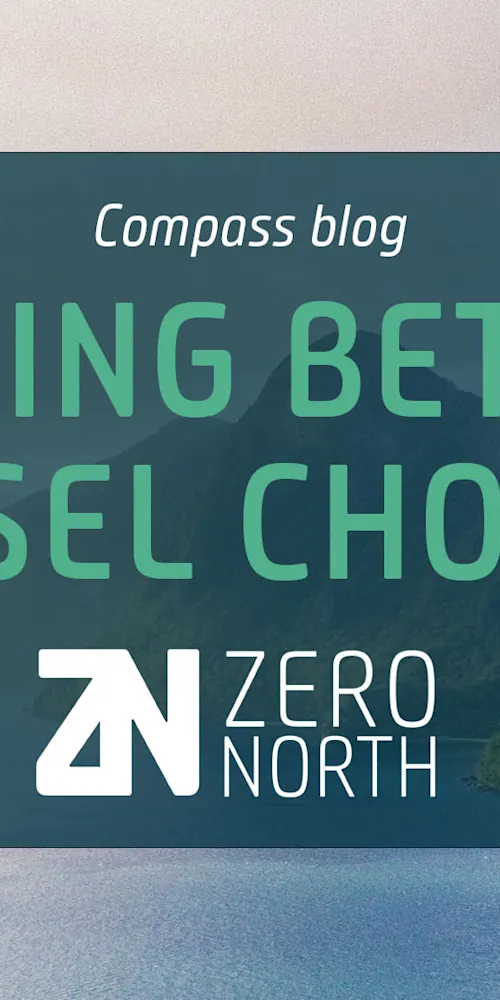Call to Action - Empower charterers to make better vessel choices

Global seaborne trade volumes are rebounding as the effects of the pandemic recede, and bunker prices have surged, with Clarksons Research recently reporting that VLSFO prices have reached new all-time highs this year. In many ways, it’s business as usual, reflecting the dynamic nature of maritime commerce.
However, ‘business as usual’ is changing in important ways as digitalisation enables charterers to make more informed decisions about the ships they consider. As data matures, so can the quality of fuel models used to make these important decisions.
Typically, fuel consumption tables used for pre-chartering decisions are often based on limited operating situations, such as selected speeds and good weather, rather than the dynamic range of situations faced at sea. This creates a challenge for charterers to identify the best suited vessel for particular journeys, and thus the maritime industry misses out on an opportunity to benefit its decarbonisation journey.
In addition, the warranted speeds and consumptions agreements set in the charter-parties are chosen based on these data points, which can lead to costly litigation processes between ship owners and charterers if the fuel consumption predictions are not aligned with the actuals.
New potential
The good news is that the increasing digitalisation of ships is making vessel performance data more accessible to decision-makers ashore. Detailed historical information, specific vessel characteristics, and intelligent analysis can enable modelling of fuel consumption under dynamic operating conditions.
Ship operators are already moving in to capitalise on this, with more untapped potential to be gained from data which can now also be leveraged in chartering decisions. The use of more dynamic vessel performance indicators with quick and easy comparison of vessels will help charterers gain deeper knowledge about a vessel before fixing for charter and support their common goals when working with operators. Moreover, it may facilitate improved charter-party agreements with more transparent fuel consumption warranties leading to fewer litigations.
Why now?
It’s increasingly complex to stay competitive, particularly when fuel costs are high, so shipping companies must utilise the power of data analysis to advance their competitiveness. Moreover, as the world gets more agile and fast-paced, winning players manage rapid decision-making, which data insights support. Finally, with the introduction of the IMO’s Carbon Intensity Indicator (CII), the industry must seek to better understand the relation between vessel-specific speed and emissions.
The increasing maturity of the data landscape in shipping demands us to consider vessel performance in pre-chartering decisions. The technology exists to support more accurate and dynamic fuel consumption predictions, so we can model the complex conditions that vessels face while at sea to identify better vessels for each voyage under consideration. This is good both for reduced bunker costs and for a greener planet.
We invite you to discuss this topic with your colleagues, and please reach out to us if you are interested in discussing how we can realise the power of data to lead the green transition of global trade together.